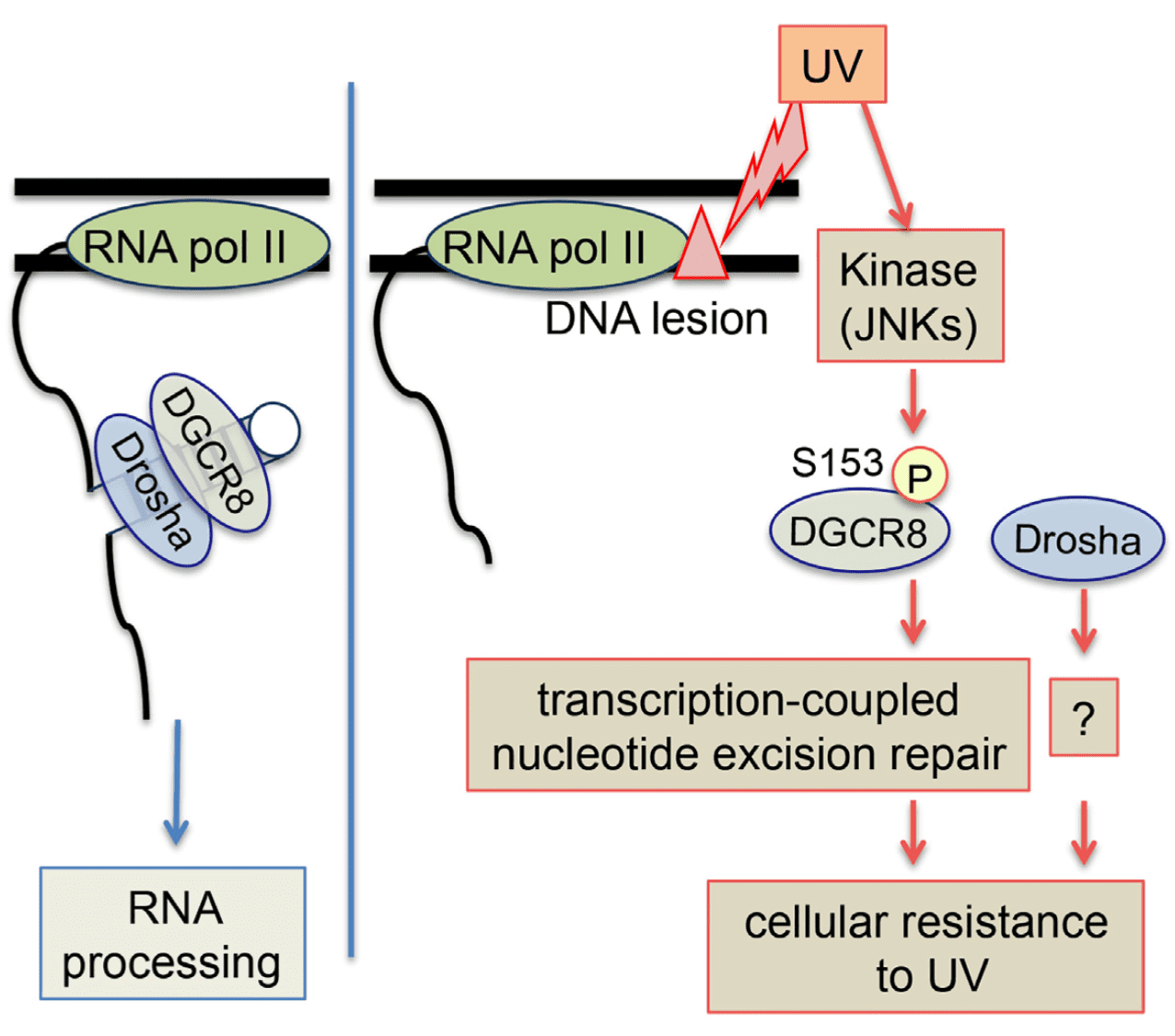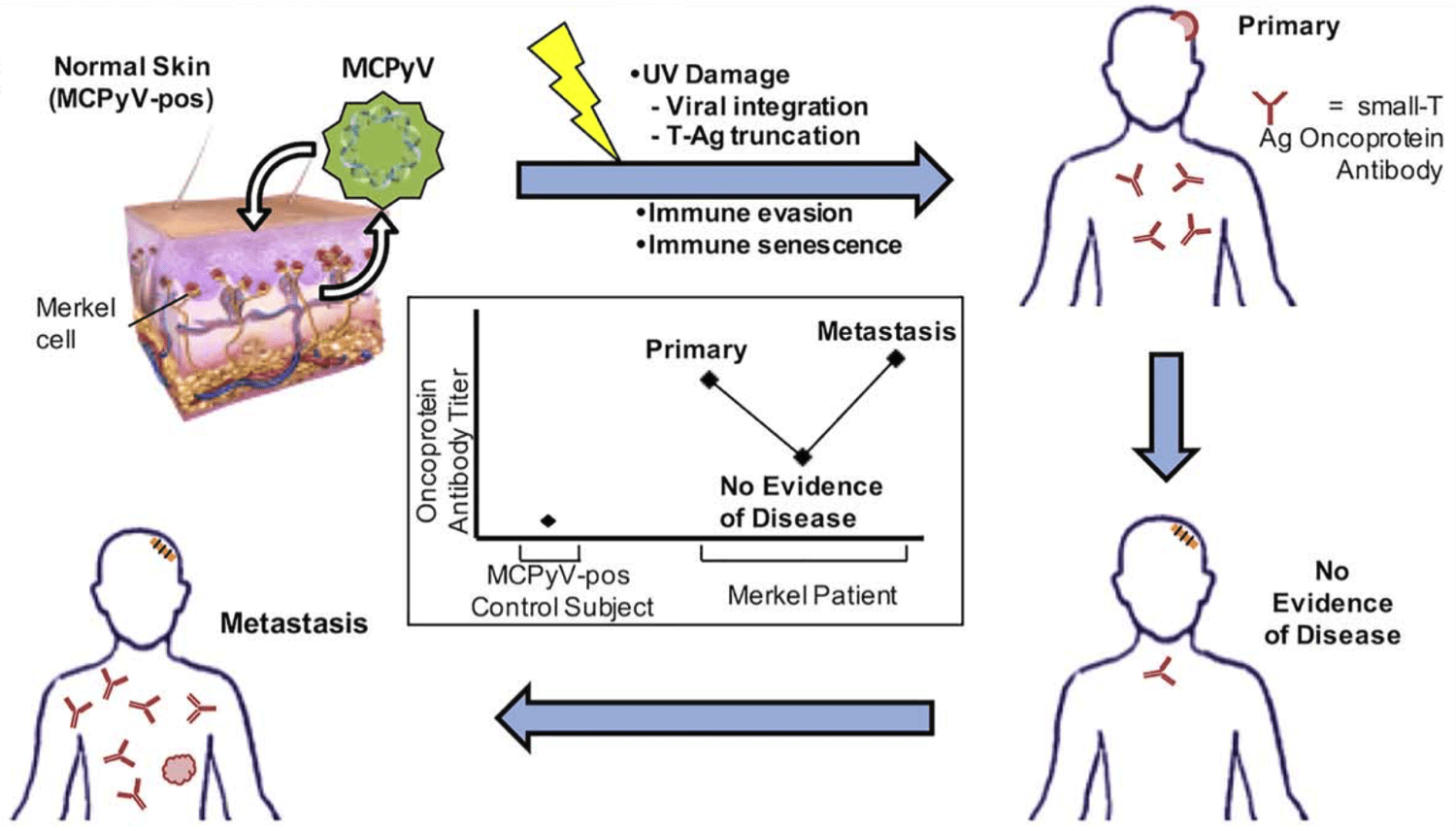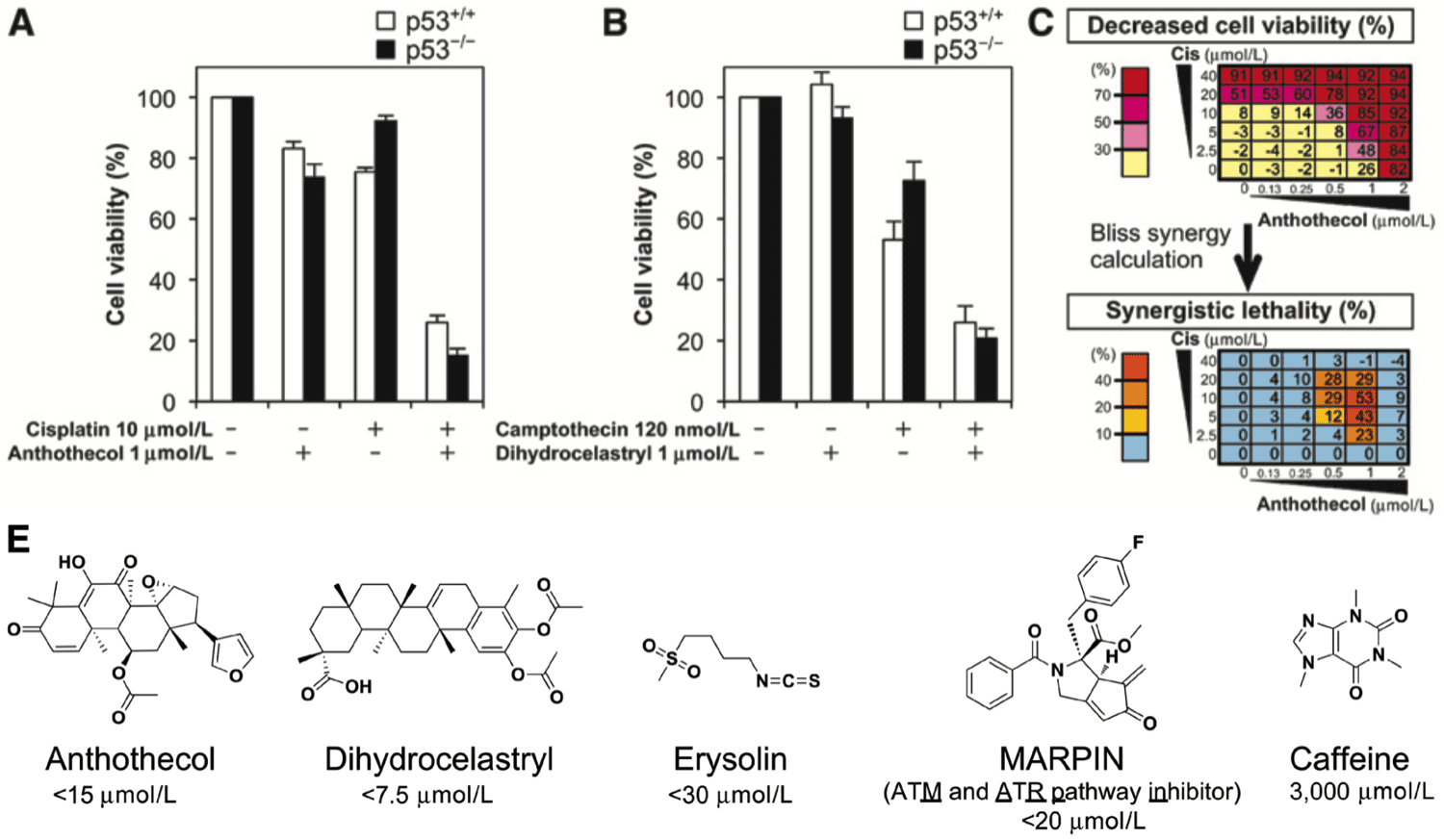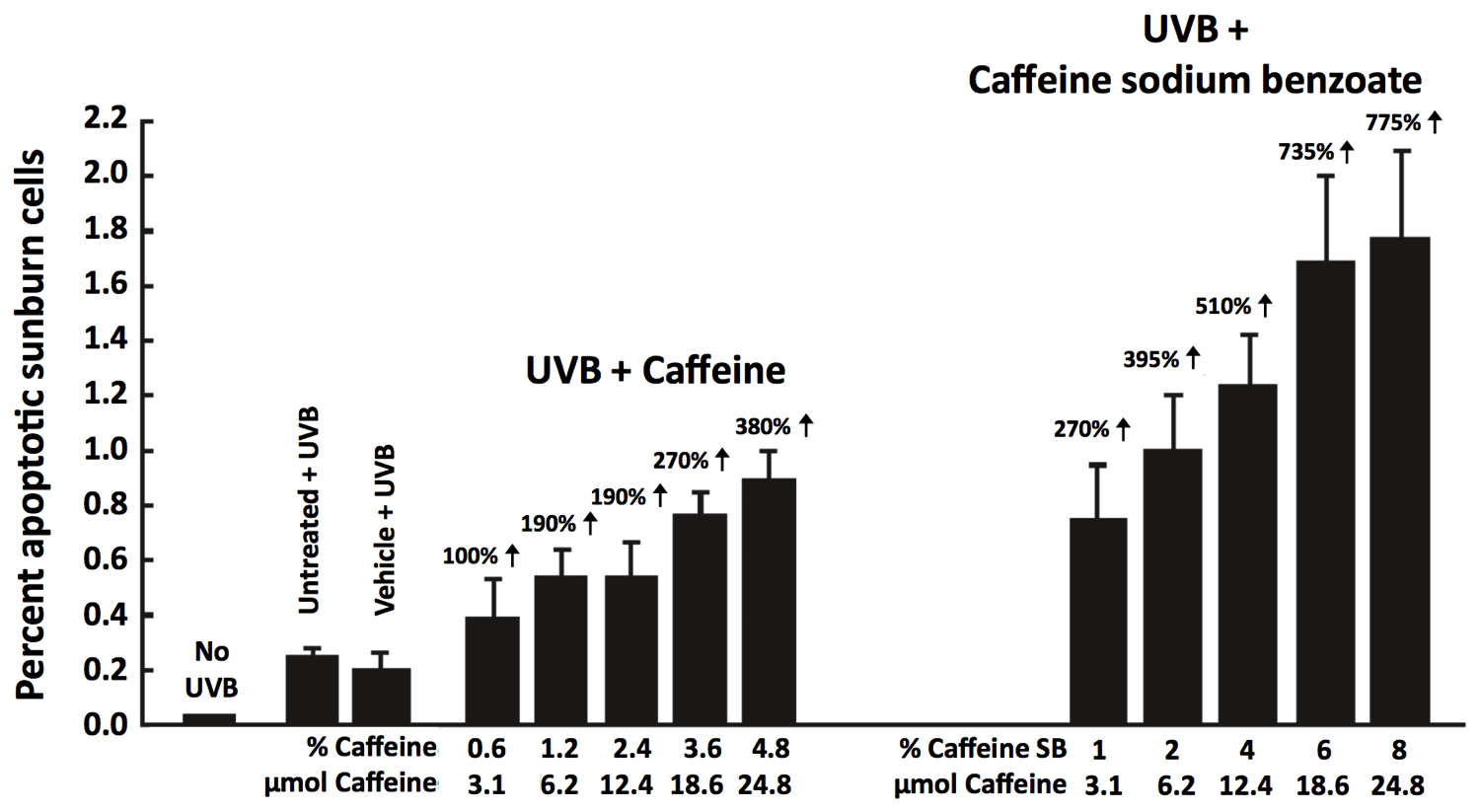Highlights Merkel cell carcinoma (MCC) is an aggressive cutaneous malignancy with a recurrence rate of…
Highlights
- UV radiation induces phosphorylation on S153 of DGCR8.
- Phosphorylation on S153 of DGCR8 mediates cellular resistance to UV.
- S153 phosphorylation mediates transcription-coupled nucleotide excision repair.
- JNKs are involved in UV-induced phosphorylation of S153 of DGCR8.
Abstract
Ultraviolet (UV) radiation is a carcinogen that generates DNA lesions. Here, we demonstrate an unexpected role for DGCR8, an RNA binding protein that canonically functions with Drosha to mediate microRNA processing, in the repair of UV-induced DNA lesions. Treatment with UV induced phosphorylation on serine 153 (S153) of DGCR8 in both human and murine cells. S153 phosphorylation was critical for cellular resistance to UV, the removal of UV-induced DNA lesions, and the recovery of RNA synthesis after UV exposure but not for microRNA expression. The RNA-binding and Drosha-binding activities of DGCR8 were not critical for UV resistance. DGCR8 depletion was epistatic to defects in XPA, CSA, and CSB for UV sensitivity. DGCR8 physically interacted with CSB and RNA polymerase II. JNKs were involved in the UV-induced S153 phosphorylation. These findings suggest that UV-induced S153 phosphorylation mediates transcription-coupled nucleotide excision repair of UV-induced DNA lesions in a manner independent of microRNA processing.



